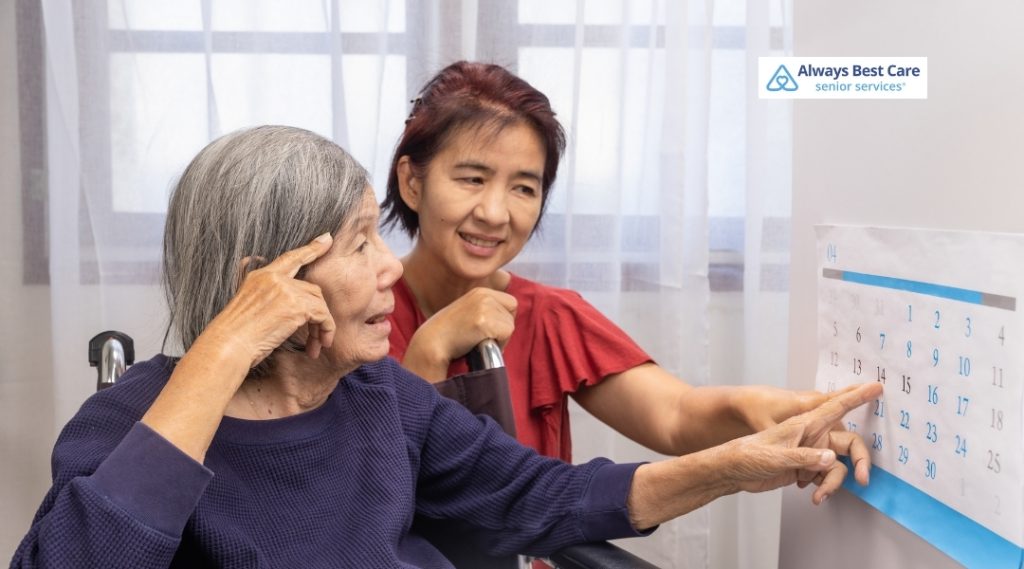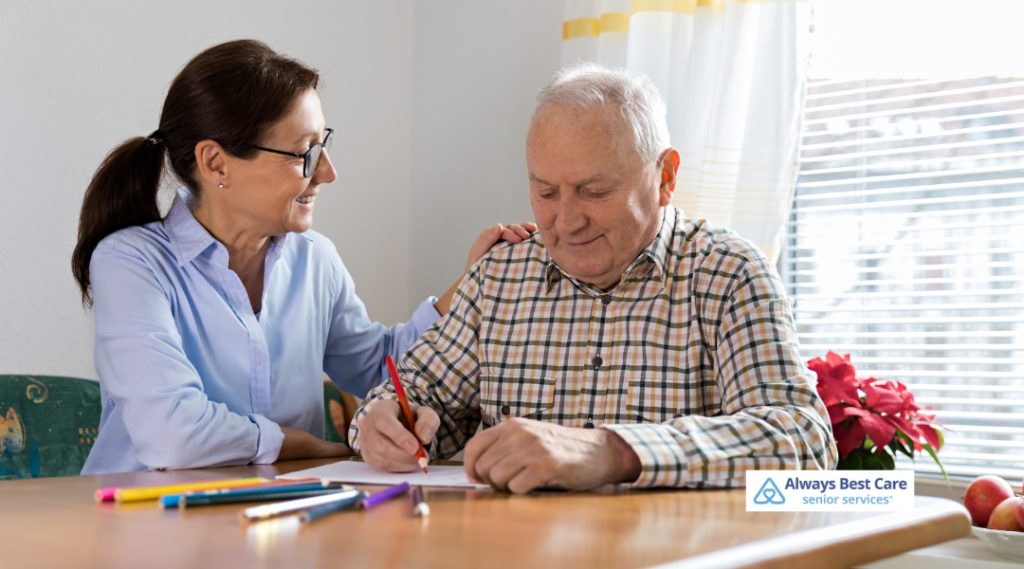Safeguarding Seniors in Belmont: A Fresh Perspective on Dementia Wandering and Family Support

Ever had that sinking feeling when a loved one suddenly slips out the door without a word?
For families living with dementia in Belmont, MA, wandering isn’t just an odd quirk; it’s a real concern that can turn an ordinary day upside down.
At Always Best Care of Greater Boston, we get it. Safety isn’t just about locks and alarms; it’s about understanding what drives this behavior and knowing how to step in before things get dicey.
What you will learn:
- The common reasons behind dementia wandering and how to recognize early warning signs in your loved one.
- Practical and creative strategies for making the home environment safer, building routines, and engaging emotional support to reduce wandering risks.
- When to consider memory care services and how specialized communities can enhance both safety and quality of life for seniors with dementia.
Table of Contents
Why Do People with Dementia Wander?
Wandering often sneaks up on families caring for someone with Alzheimer’s or other types of dementia. You might think they’re safe at home one minute, and then poof! They’re gone the next. But what sends them out the door?
Here are some common triggers:
- Searching for something familiar: Maybe it’s a house from childhood or even their old office.
- Trying to stick to routines: Sometimes, muscle memory takes over. They believe it’s time for work or picking up kids.
- Restlessness or boredom: When there isn’t enough stimulation at home, curiosity can take over.
- Feeling lost, even at home: Cognitive changes make familiar surroundings look foreign.
- Anxiety or overstimulation: Too much noise? Too many people? Their instinct is often flight instead of fight.

Spotting Warning Signs Before Wandering Starts
Sure, not every senior living with dementia will wander off, but wouldn’t you want a heads-up if your loved one was leaning that way? Watch out for these red flags:
- Repeatedly asking when they can “go home,” even if they’re already there.
- Talking about needing to be somewhere else (like work).
- Getting agitated by crowds or unfamiliar faces.
- Struggling to recognize their own street or front yard!
- Pacing near doors or fiddling anxiously with locks.
Keeping Seniors Safe: Smart Ways to Prevent Wandering
No two days are ever quite alike in caregiving, but some simple strategies can go miles toward keeping seniors safe right here in our city:
1. Secure the Home Environment
Make doors tricky (for them, not you!). Try:
- Door alarms.
- Motion sensors.
- Locks placed higher or lower than eye level.
- Pressure mats by entryways.
For extra peace of mind, consider wearable GPS trackers, a nifty way tech helps us breathe easier!

2. Stick with Routines
Daily structure does wonders for reducing anxiety:
- Scheduled meals and snacks.
- Regular exercise (even gentle walks count).
- Familiar hobbies like puzzles or music.
3. Tweak the Environment
Keep things calm by:
- Cutting down on loud noises and clutter.
- Labeling rooms clearly (“Bathroom →” never hurt anybody!).
- Using visual cues like arrows near important areas.
A little creativity goes a long way towards making spaces less confusing!
4. Meet Emotional Needs
Boredom is nobody’s friend, and loneliness packs its own punch:
- Offer companionship through visits from friends/family.
- Arrange fun activities together—baking cookies counts!
When folks feel seen and heard, restless urges dial back naturally.

5. Build a Community Network
Let neighbors know what’s going on so more eyes are watching out.
Keep updated photos handy and share basic info discreetly as needed.
Memory Care in Boston: When is It Time to Make the Move?
Sometimes, despite everyone giving their all—from gadgets galore right down to midnight check-ins, the risk gets too big for comfort. That doesn’t mean failure; it means being proactive!
Memory care communities provide:
| Feature | Benefit |
| Around-the-clock supervision | No more late-night “where did they go?” moments |
| Secure buildings & monitored exits | Peace of mind every single day |
| Programs tailored for memory loss | More smiles; fewer meltdowns |
| Personalized support | Every resident is treated as unique |
Choosing specialized care doesn’t mean giving up independence; it means doubling down on dignity while making safety non-negotiable.
FAQ: Wandering & Senior Safety in Belmont
Q: Why do people with dementia wander even if they’re happy at home?
A: Changes inside the brain affect memory and judgment, even contented seniors might leave searching for something familiar without realizing it.
Q: What should I do first if my loved one starts showing warning signs?
A: Start small: review daily routines together and secure easy exits; then reach out so we can brainstorm solutions specific to your situation.
Q: Are GPS tracking devices really necessary?
A: While not always required early on, they sure add another layer of comfort as cognitive issues progress!
Q: How does Always Best Care help prevent wandering incidents?
A: We focus on both environment upgrades (like alarms) and engaging activities—all personalized after getting to know your family well!
Take Steps Today to Prevent Dementia Wandering in Belmont!
Let us help keep those you love safest—today and tomorrow—with solutions crafted as uniquely as each story we hear.
Contact Always Best Care of Greater Boston at (617) 489-9000 to learn more and schedule your free consultation.





